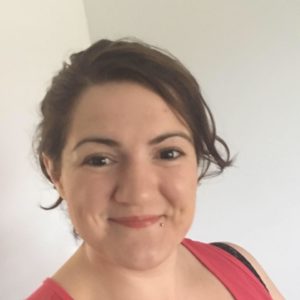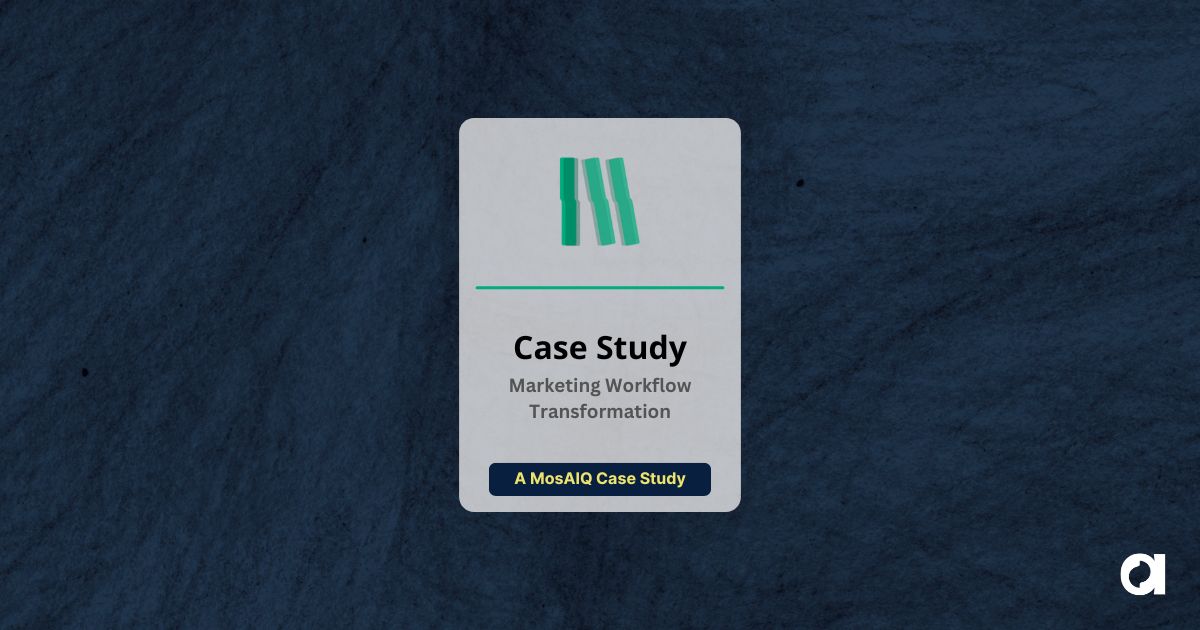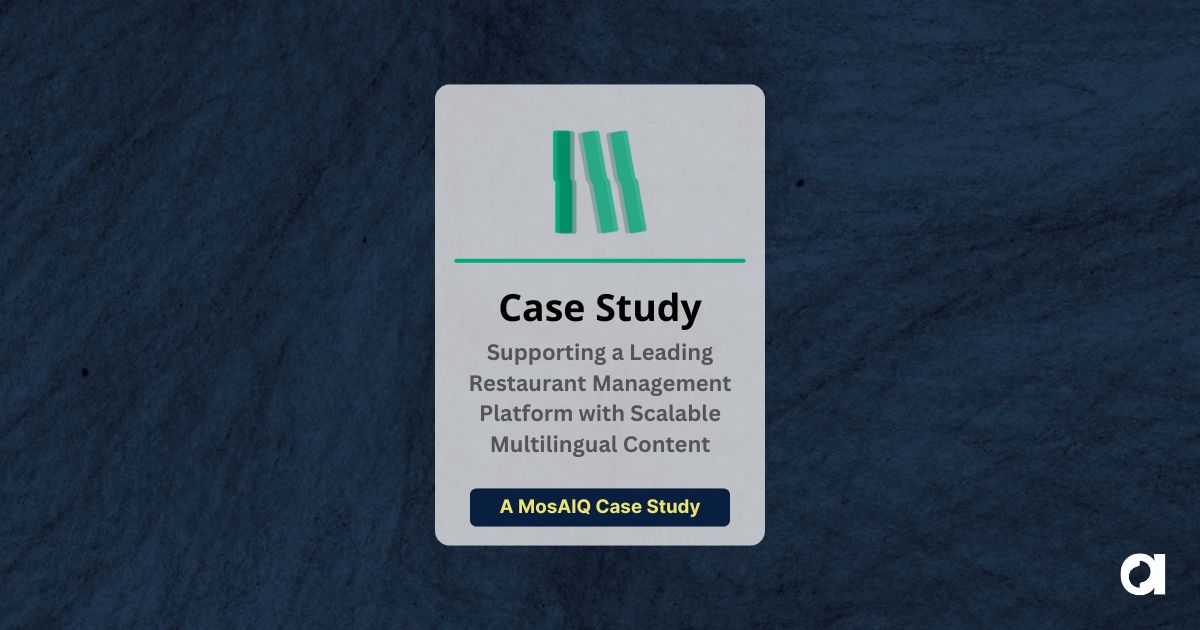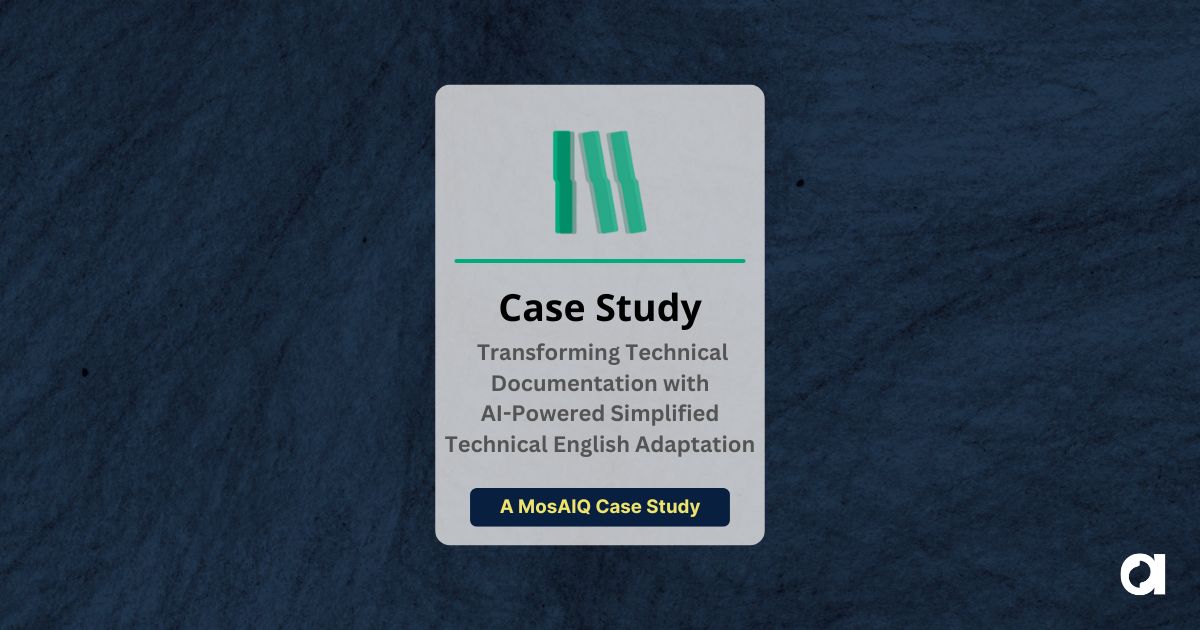Translators make the interconnected world we live in possible – but have you ever thought about what it takes to become one? To mark the occasion of International Translation Day, we turned to the eminently quotable Anna Fitak for her point of view on what it takes to build a successful translation career.
Please tell us a little about your background and how you got started as a translator.
Anna Fitak: I’ve been translating English for over 12 years without a linguistic background. I have a Ph.D. in social sciences, but I also completed my doctoral studies in translation without defending my doctoral thesis after I started working as a translator. I learned English from a tutor in primary school, and then I taught myself.
My beginning as a translator coincided with the moment when Polish universities started to recommend that students should include at least one publication in a foreign language in their thesis. I come from a technical family, so I developed a sideline translating articles for tech school students. It was an excellent “finishing school” for me because they gave me great feedback and were a valuable source of information. And I caught the bug. I started to get more clients because I was translating faster and better.
A defining moment was a conference organized by SDL in Krakow. There, for the first time, I had an opportunity to see the fraternity of translators from the inside. I also met some customers that I still work with today. So you could say that I owe my place on the translation market to coincidence and a lot of luck!
What equipment/tools/software do you use on the job?

AF: Whatever a customer requires! From the very beginning I decided not to get attached to a single tool. It means you sacrifice well-organized, complete databases and glossaries to end up with a bunch of NDA-protected customer materials. As a result, I use Trados, MemoQ, Across, Transit, TWS, Memsource, GTT, MateCat, DejaVu, Idiom Desktop Workbench, and CafeTran – plus XBench, Verifika, Grammarly, and Abby FineReader, which is an OCR tool for file conversion. To make it all work, I’ve had to invest in relatively powerful equipment and more than one monitor. The latter helps a lot in technical translation when you want to have a constant preview of drawings and diagrams.
What are the best and worst parts of your job?
AF: Well, this is a tough question. The best part of my job is doing what I genuinely enjoy. Moreover, I usually translate documents related to innovative solutions or things that are not yet available on the market – it’s extremely interesting and gives me a sense of power! What I really appreciate is my cooperation with project managers – the best ones are real “Übermenschen” when it comes to dealing with all these processes and dealing with me!
There are some disadvantages as well. The worst thing for me is the fact that I work from home. It’s hard to separate work from home activities, and also a challenge to make people understand that you don’t just sit around all day. I genuinely feel guilty my neighbor comes for a coffee and I have to pretend I’m not at home. Another thing that I have to mention is health issues – all the sitting and reading has taken its toll on my back and eyes.
On top of it all, there are clients that don’t pay or delay payment. That’s the absolute worst.
Which translation job are you most proud of and why?
AF: You probably expected I would say something like “this is a tough question” or “it’s hard to say” but I can clearly point to two such jobs. The first was for the first translation agency I worked at. They sent me a very long and complex forklift truck manual that also required OCR conversion. That was my first job that covered a complete process of preparing, translating, and post-editing documents.
The other job was my first translation job for a well-established agency that paid me an excellent rate. I met them during a translation conference, and they sent me some Siemens software to translate. I was so stressed that I checked everything ten times, but it paid off. I still remember when they sent me a message with their approval and another job. I sat in my chair like a queen and felt like a “professional translator” for the first time!
What advice would you give to someone who wants to become a translator?
AF: I can make a list:
- Above all else, do not believe everything you read online about rates, deadlines, and feedback regarding agencies, clients, and general practices.
- Give yourself time to learn. No matter what university you graduated from, it’s practice that will make you a good translator. At the beginning, your work will require more editing so your rates may not be as high as you like. But don’t worry, they will increase very soon!
- Accept the editor’s remarks. Of course, sometimes they are stupid, but these cases are few and far between. Good companies always allow you to discuss potential issues. Pro tip: When you get such remarks it is worth adding them to “custom rules” in XBench to avoid them in the future. You’ll probably have some habits that you can’t get rid of, and this is where XBench is helpful.
- Be kind to PMs and help them when they are in despair. They can often cover your mistakes!
- If you want to become a specialist translator, forget what the teachers of your native language at school said. Specialist translations are supposed to be consistent, not beautiful.
- Never neglect your native language. After 5 years of studying a foreign language, you can get more into it than your native one. This can be catastrophic for the quality of your work!
 Argos Multilingual
3 min. read
Argos Multilingual
3 min. read
The United States is gearing up to impose a 25% tariff on French wine, Irish whiskey, and other imported food and beverages. How should international distillers respond? The Trump Administration has announced its intention to slap punitive tariffs on $7.5 billion worth of European agricultural and industrial goods after winning an important victory in a […]

 Argos Multilingual
3 min. read
Argos Multilingual
3 min. read
With an election coming up in the United States, several presidential candidates are making Medicare expansion a centerpiece of their campaigns. What does that mean for the life sciences industry? The 2020 presidential election is right around the corner, and the world’s largest healthcare market could be on the cusp of a revolution. All the […]











